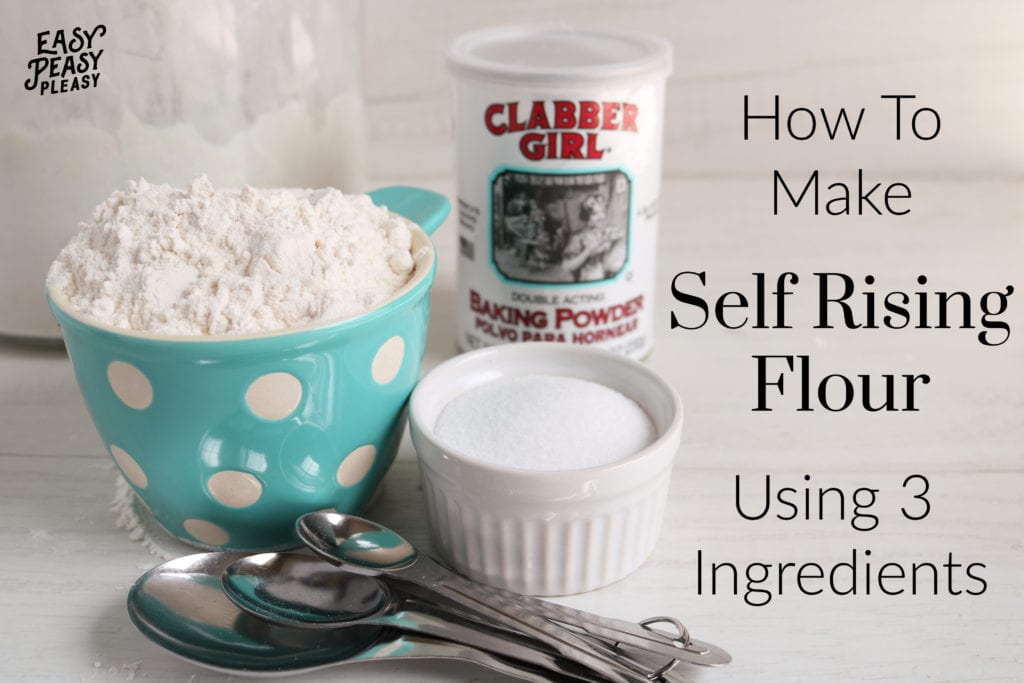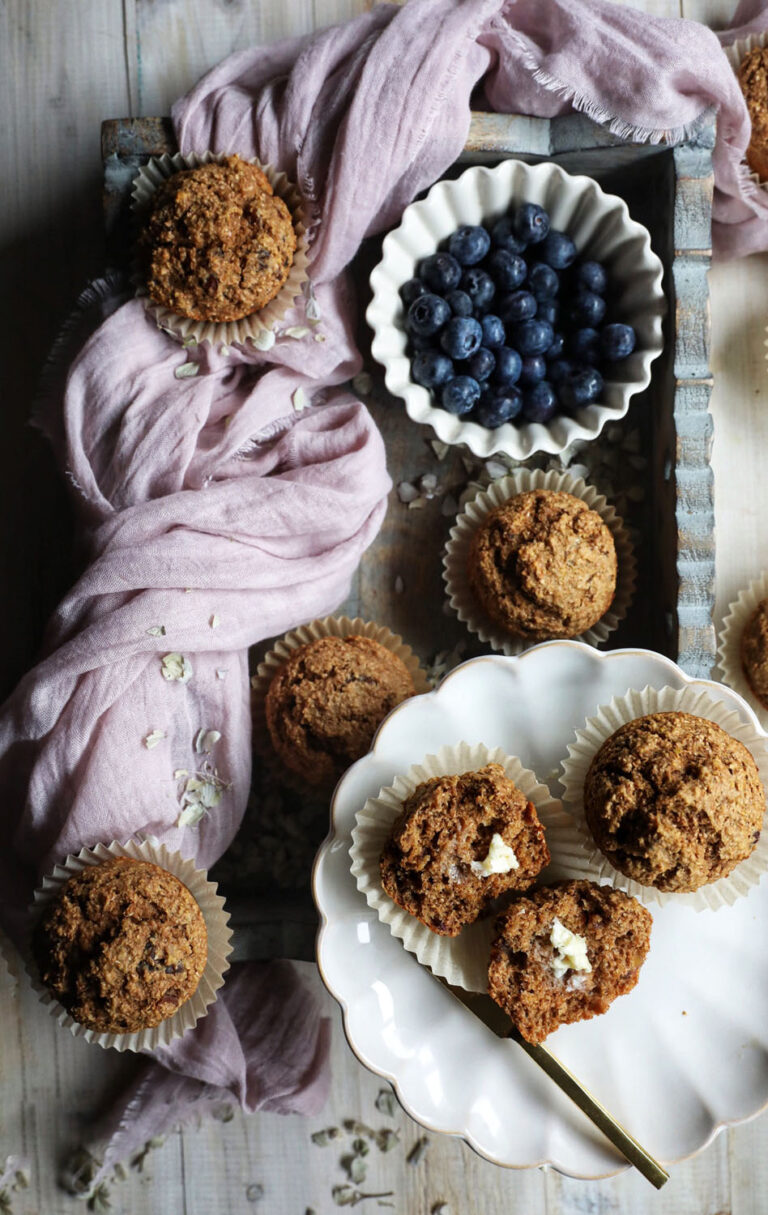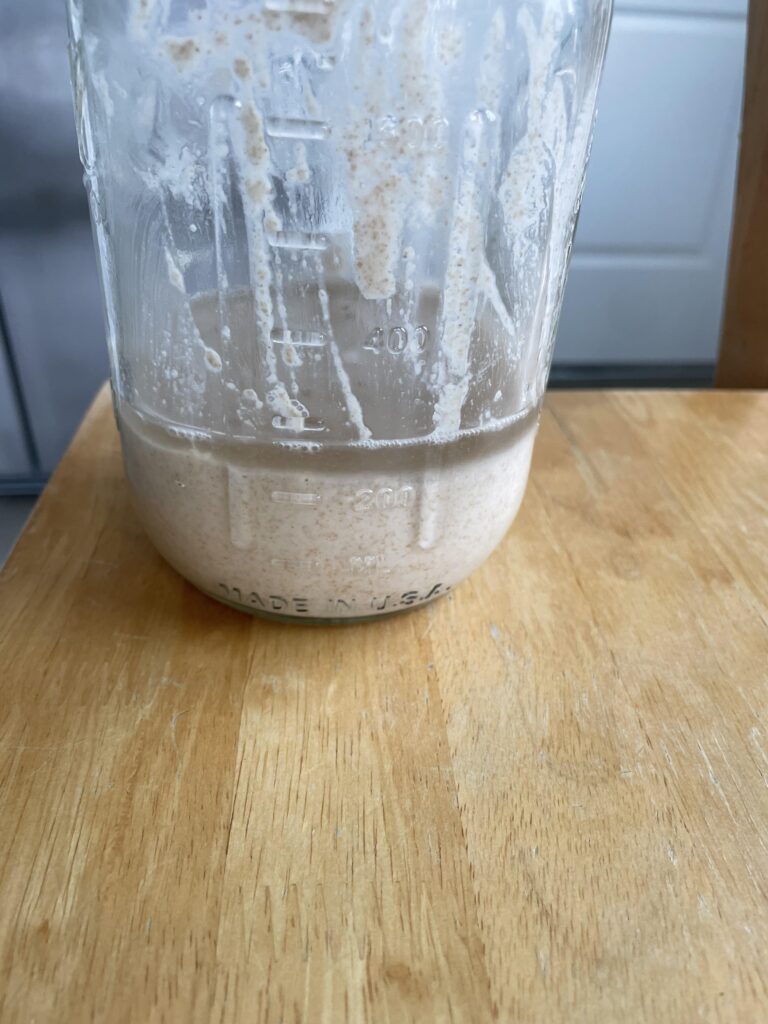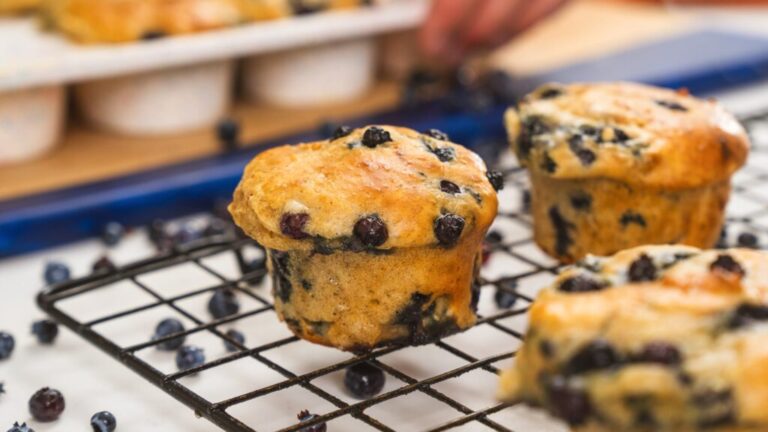Sub for Self Raising Flour: Easy and Effective Alternatives
Baking is fun and rewarding. But what if you run out of self-raising flour? Do not worry! You can still bake delicious treats. You just need to know some easy substitutes.
What is Self-Raising Flour?
Self-raising flour is a mix. It has flour, baking powder, and salt. This flour helps your baked goods rise. It is great for cakes, muffins, and biscuits.
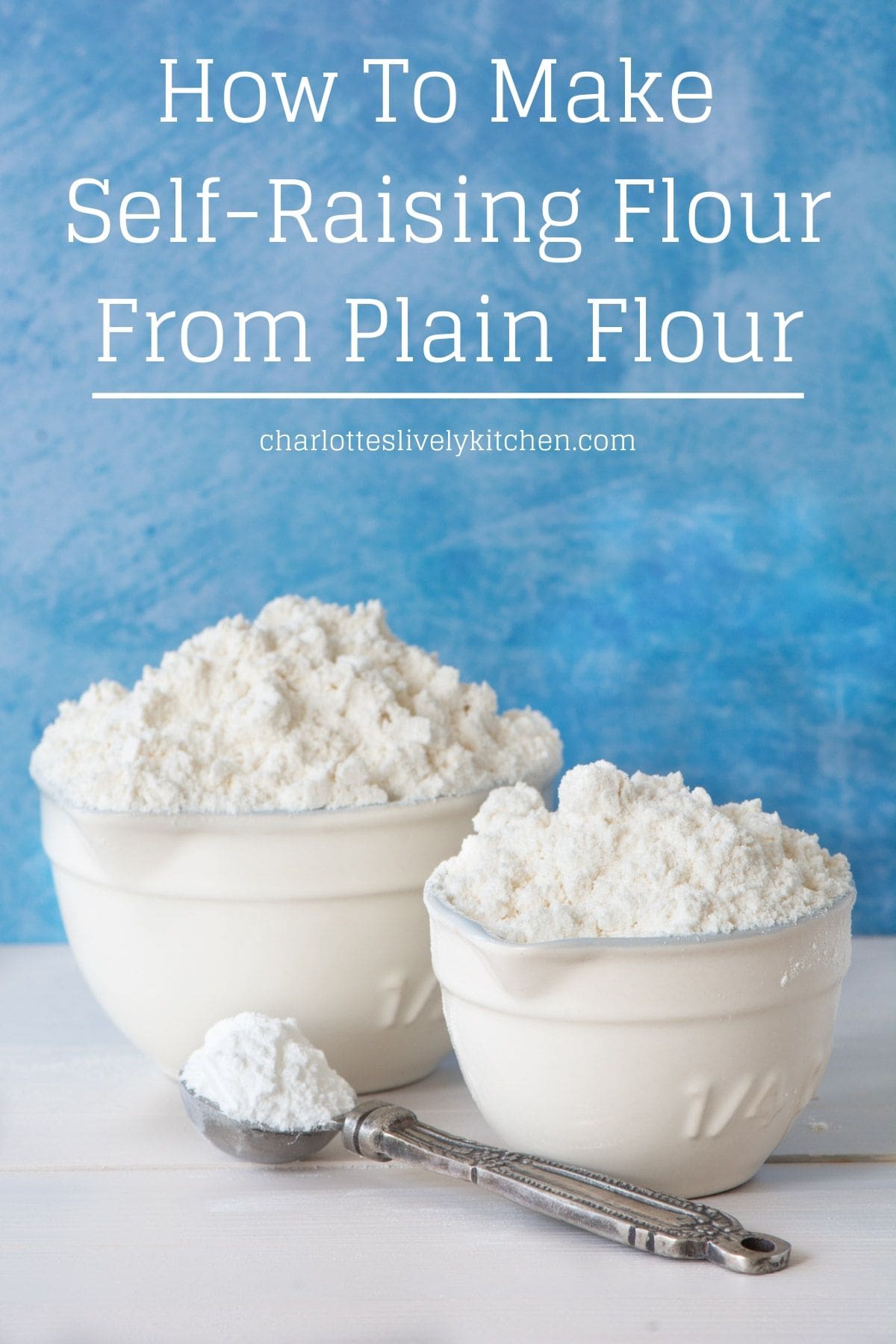
Credit: charlotteslivelykitchen.com
Why Substitute Self-Raising Flour?
You might not have self-raising flour at home. Or, you might want to control the ingredients. Substituting self-raising flour is easy. You only need a few items from your kitchen.

Credit: www.bobsredmill.com
Basic Substitutes for Self-Raising Flour
Here are some simple ways to make your own self-raising flour:
1. All-purpose Flour And Baking Powder
This is the most common substitute. Follow these steps:
- Take 1 cup of all-purpose flour.
- Add 1 1/2 teaspoons of baking powder.
- Add 1/4 teaspoon of salt.
- Mix them well.
2. All-purpose Flour And Baking Soda
Baking soda is another option. Follow these steps:
- Take 1 cup of all-purpose flour.
- Add 1/4 teaspoon of baking soda.
- Add 1/2 teaspoon of cream of tartar.
- Mix them well.
This will also work as self-raising flour.
3. Whole Wheat Flour And Baking Powder
For a healthier option, use whole wheat flour. Follow these steps:
- Take 1 cup of whole wheat flour.
- Add 1 1/2 teaspoons of baking powder.
- Add 1/4 teaspoon of salt.
- Mix them well.
You now have a healthy self-raising flour substitute.
4. Gluten-free Flour And Baking Powder
If you need a gluten-free option, try this. Follow these steps:
- Take 1 cup of gluten-free flour.
- Add 1 1/2 teaspoons of baking powder.
- Add 1/4 teaspoon of salt.
- Mix them well.
Now you have gluten-free self-raising flour.
Tips for Successful Substituting
Here are some tips to help you:
- Always measure your ingredients accurately.
- Mix the ingredients well.
- Use fresh baking powder or baking soda.
- Store your homemade flour in an airtight container.
- Use your homemade flour within a few months.
Common Baking Problems and Solutions
Sometimes, baking does not go as planned. Here are some common problems and solutions:
1. Your Cake Does Not Rise
This can be frustrating. Here are some reasons and solutions:
- Old baking powder or soda. Use fresh ones.
- Incorrect measurements. Measure accurately.
- Overmixing. Mix until just combined.
2. Your Cake Is Too Dense
A dense cake is not fun. Here are some tips:
- Check your oven temperature. It might be too low.
- Use room temperature ingredients.
- Do not overmix the batter.
3. Your Cake Is Too Dry
No one likes a dry cake. Here is how to fix it:
- Add more liquid to the batter.
- Do not overbake. Check your cake early.
- Store your cake properly. Use an airtight container.
Frequently Asked Questions
What Can I Use Instead Of Self-raising Flour?
You can use all-purpose flour with baking powder and salt.
How Do I Make Self-raising Flour?
Mix 1 cup of all-purpose flour with 1. 5 teaspoons of baking powder and 1/4 teaspoon of salt.
Can I Use Plain Flour Instead Of Self-raising Flour?
Yes, but add baking powder and salt to plain flour.
Is Baking Soda The Same As Self-raising Flour?
No, baking soda is different. Self-raising flour has baking powder and salt mixed in.
Conclusion
Substituting self-raising flour is easy. You can use all-purpose flour, whole wheat flour, or gluten-free flour. Just add baking powder and salt. Always measure accurately and use fresh ingredients. With these tips, your baking will be a success. Enjoy your delicious treats!

“Hi, I’m Rose, a professional baker with a passion for creating delicious treats! From cakes to pastries, I love sharing my baking journey and tips.

